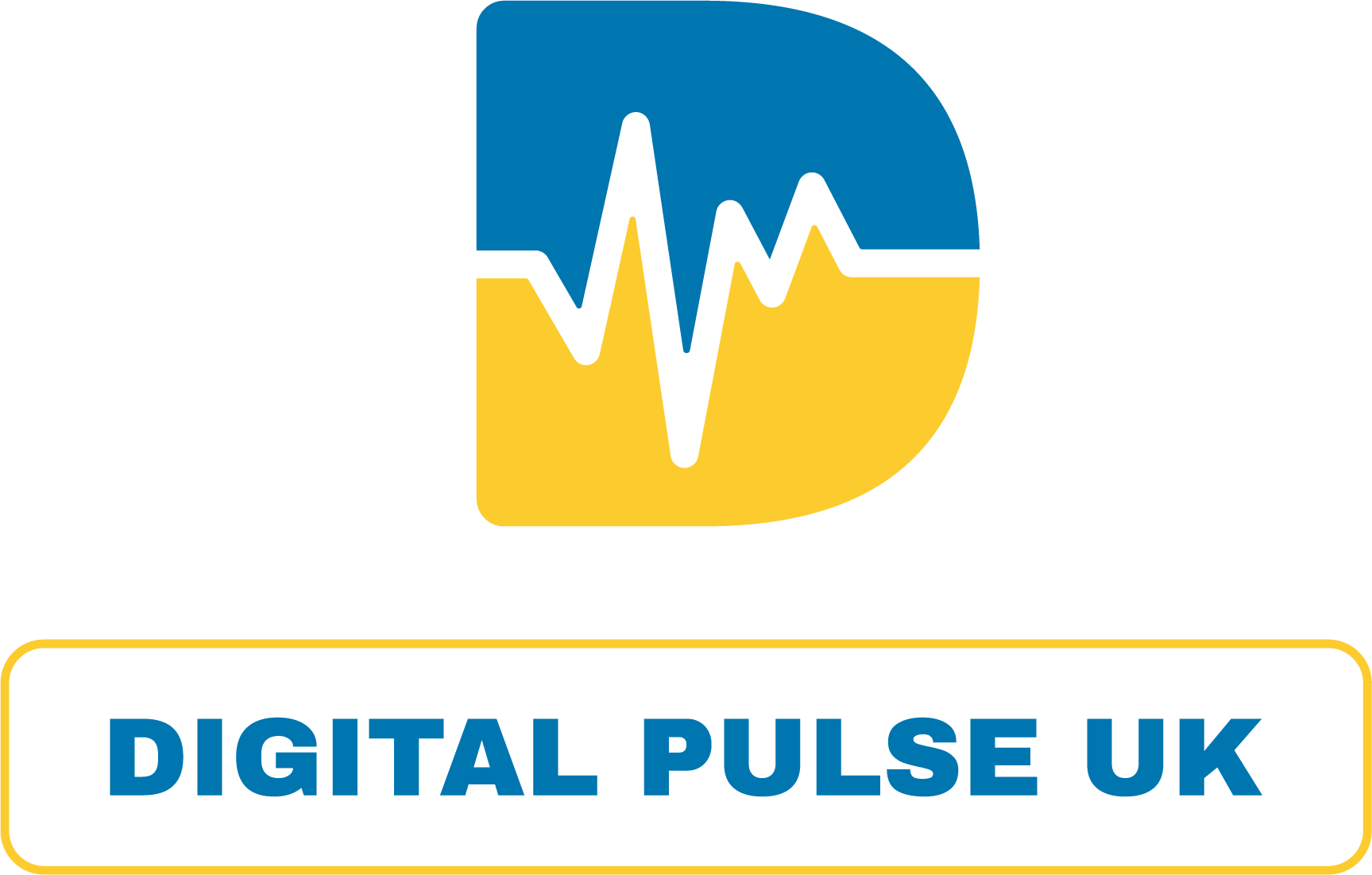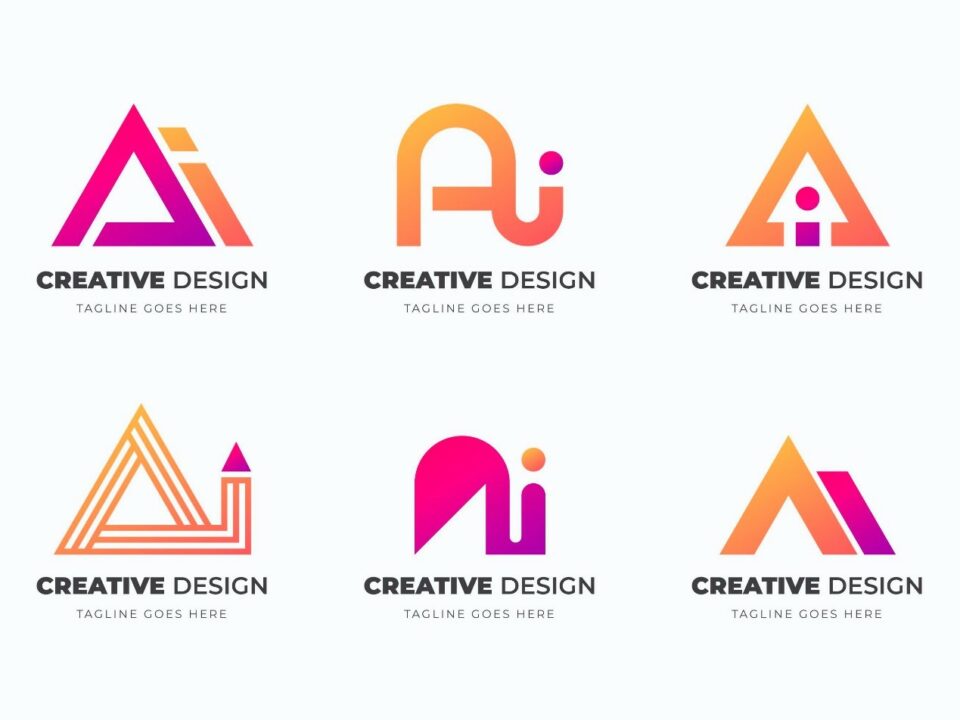
How To Hire A Web Designer in United Kingdom in 2024?
January 23, 2024In the ever-evolving digital landscape of 2024, having an online presence is crucial for individuals and businesses alike. Whether you’re a budding entrepreneur, a freelancer, or an established company, knowing how to create a website in United Kingdom is a fundamental step toward establishing your digital footprint. In this blog, we will delve into the intricacies of website development costs in United Kingdom in 2024, exploring the factors that influence pricing and providing insights into making informed decisions.
Understanding the Basics
Before delving into the cost breakdown, it’s essential to grasp the fundamental components involved in creating a website, particularly when aiming to create a website in United Kingdom. A website typically consists of domain registration, web hosting, web design, development, and ongoing maintenance.
Factors Influencing Costs

Several factors can influence the overall cost of creating a website in United Kingdom
Features and Functionality
The more features and functionality your website requires, the higher the development costs. E-commerce capabilities, user registration, and integration with third-party services all contribute to the complexity and, subsequently, the cost.
Content Management System (CMS)
Choosing the right CMS can impact costs. Open-source platforms like WordPress are cost-effective, while custom-built solutions may be more expensive due to the time and expertise required for development.
Responsive Design
Ensuring your website is mobile-friendly is crucial in 2024. Responsive design, which adapts to different devices, may incur additional costs but is essential for a positive user experience.
Ongoing Maintenance
Websites require regular updates, security patches, and maintenance. Budgeting for ongoing maintenance is crucial to keep your site secure and up-to-date. When you plan to create a website in United Kingdom, keep in mind that you’ll have to pay the maintenance cost. Monthly maintenance costs can range from R500 to R2000 or more, depending on the complexity of your website.
Making Informed Decisions

To optimize your budget and ensure a successful website launch, consider the following tips:
Research and Compare
Research various domain registrars, hosting providers, and web development agencies. Compare their offerings and read client reviews to make informed decisions.
Define Your Requirements
Before you create a website, clearly outline your website’s requirements and features. This will help developers provide accurate quotes, preventing unexpected costs later in the project.
Budget for Ongoing Costs
Don’t just consider the initial development costs; factor in ongoing expenses such as hosting, domain renewal, and maintenance when planning your budget.
DIY vs. Professional Services
While DIY website builders are cost-effective, professional services offer customization and scalability. Assess your needs and skills to determine the most suitable approach.
Domain Registration
Choosing the right domain name is paramount as it represents your brand identity online. While a .co.za domain is popular for local businesses, you might also consider securing other extensions like .com or .net to protect your brand internationally. Additionally, opting for a domain with relevant keywords can enhance your website’s search engine optimization (SEO) efforts. However, premium domain names can come at a higher price, sometimes fetching thousands of rands. It’s essential to strike a balance between a memorable domain and budget considerations.
Web Hosting
Selecting the appropriate hosting provider is crucial for ensuring optimal website performance and reliability. Factors to consider include uptime guarantees, server location (local vs. international), scalability, and customer support quality. While shared hosting is cost-effective for small websites, businesses experiencing high traffic volumes or requiring advanced features may benefit from VPS or dedicated hosting solutions. Additionally, evaluating the hosting provider’s security measures is vital to safeguard your website against cyber threats.
Web Design
The design of your website significantly impacts user engagement and conversion rates. Beyond aesthetics, prioritizing user experience (UX) and intuitive navigation is essential for keeping visitors engaged. Collaborating with a professional web designer in United Kingdom can streamline the design process and ensure alignment with your brand identity and target audience preferences. Moreover, incorporating responsive design principles ensures seamless functionality across various devices, enhancing accessibility and user satisfaction.
Web Development
Customizing your website to meet specific business requirements often necessitates bespoke development solutions. Whether integrating e-commerce functionality, building interactive features, or optimizing for speed and performance, investing in skilled web developers pays dividends in creating a unique and competitive online presence. Moreover, adhering to web standards and accessibility guidelines ensures inclusivity and compliance with industry regulations, bolstering your website’s credibility and trustworthiness.
Content Management System (CMS)

Choosing the right CMS empowers you to manage and update your website efficiently. While WordPress remains a popular choice for its user-friendly interface and extensive plugin ecosystem, other platforms like Joomla and Drupal offer more advanced customization options. Additionally, evaluating the long-term scalability and flexibility of your chosen CMS is crucial to accommodate future growth and evolving business needs. Investing in CMS training or outsourcing content updates to professionals can streamline content management processes and ensure consistency and quality.
Marketing and Promotion
Launching a website is only the beginning; effectively promoting it is essential for attracting visitors and generating leads or sales. Implementing SEO strategies, creating engaging content, and leveraging social media platforms can enhance your website’s visibility and drive organic traffic. Moreover, investing in online advertising campaigns, email marketing, and influencer partnerships can amplify your reach and accelerate audience growth. Regularly analyzing website analytics and user behavior enables you to refine your marketing efforts and optimize conversion rates over time.
Legal and Regulatory Compliance
Navigating legal and regulatory requirements is critical to safeguarding your business and mitigating potential risks. Ensuring compliance with data protection laws (such as POPIA in United Kingdom), adhering to copyright and intellectual property rights, and displaying clear terms of service and privacy policies instill trust and transparency with your website visitors. Collaborating with legal experts or consultants specializing in digital laws can provide valuable guidance and ensure compliance with applicable regulations.
Blockchain Integration
Blockchain technology is gaining traction across various industries, offering innovative solutions for data security, transparency, and decentralization. In the realm of website development, blockchain integration presents opportunities for enhancing user privacy, enabling microtransactions, and facilitating secure digital identity verification.
Implementing blockchain-based solutions, such as decentralized domain registration and content authentication, can enhance trust and integrity within the digital ecosystem. Moreover, leveraging blockchain-based cryptocurrencies for online payments and transactions can streamline financial processes and reduce reliance on traditional banking systems.
Voice Search Optimization
The rising popularity of voice-activated virtual assistants like Siri, Google Assistant, and Alexa has transformed the way users search for information online. Optimizing your website for voice search involves understanding user intent, crafting conversational content, and optimizing for long-tail keywords and natural language queries. Structured data markup, FAQ pages, and featured snippets enhance your website’s visibility in voice search results and position you as an authoritative source of information. Embracing voice search optimization anticipates evolving user behavior and ensures your website remains relevant and accessible in the era of voice-enabled devices and smart speakers.
FAQs
What is the average cost of creating a website in South Africa in 2024?
The cost of creating a website in South Africa can vary widely depending on factors such as domain registration, web hosting, design complexity, and functionality requirements. On average, businesses can expect to invest anywhere from R5000 to R50,000 or more for a professionally designed and developed website.
Do I need technical expertise to create a website in South Africa?
While technical expertise can be beneficial, it's not always necessary to create a website. Many website builders and content management systems (CMS) offer user-friendly interfaces that allow individuals with minimal technical knowledge to design and manage their websites effectively. However, for more complex websites or custom development projects, collaborating with experienced web designers and developers is advisable.
What factors should I consider when choosing a domain name for my website in South Africa?
When choosing a domain name, consider factors such as brand identity, relevance to your business or niche, and ease of memorability and pronunciation. Additionally, opting for a .co.za domain can be advantageous for targeting the South African market specifically. Conducting thorough research to ensure your chosen domain is available and doesn't infringe on existing trademarks is also crucial.
How important is mobile optimization for websites in South Africa?
Mobile optimization is incredibly important for websites in South Africa, as well as globally. With the widespread use of smartphones and tablets, ensuring your website is responsive and provides a seamless user experience across various devices is essential for reaching and engaging with your target audience effectively. Moreover, Google's mobile-first indexing prioritizes mobile-friendly websites in search results, making mobile optimization critical for SEO and visibility.
What ongoing maintenance is required for websites in South Africa?
Websites require ongoing maintenance to ensure optimal performance, security, and functionality. This includes tasks such as regular software updates, security patches, backups, and content updates. Additionally, monitoring website analytics and user feedback allows you to identify areas for improvement and make data-driven optimizations to enhance user experience and achieve your business objectives.
How can I protect my website from cyber threats in South Africa?
Protecting your website from cyber threats involves implementing robust cybersecurity measures, such as SSL encryption, firewalls, and intrusion detection systems. Regularly updating software and plugins, conducting security audits, and educating users about safe browsing practices are also essential. Collaborating with cybersecurity experts or managed security service providers (MSSPs) can provide comprehensive protection and peace of mind against evolving cyber threats.
Is it necessary to comply with data protection laws when creating a website in South Africa?
Yes, it is essential to comply with data protection laws, such as the Protection of Personal Information Act (POPIA), when creating a website in South Africa. POPIA regulates the processing of personal information and imposes strict requirements for the collection, storage, and processing of data. Ensuring compliance with POPIA and other relevant regulations instills trust and transparency with your website visitors and helps mitigate potential legal and reputational risks.
Conclusion
Creating a website in United Kingdom in 2024 involves embracing emerging technologies, prioritizing user experience and accessibility, and safeguarding against cybersecurity threats. By incorporating mobile optimization, enhancing accessibility, leveraging blockchain integration, and embracing voice search optimization, you can future-proof your website and position your business for success in the dynamic digital landscape of United Kingdom. Stay abreast of evolving trends and best practices, and continually iterate and innovate to maintain a competitive edge and deliver exceptional online experiences to your audience.




